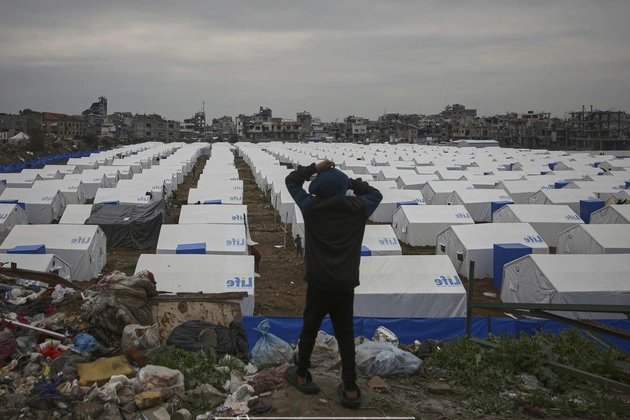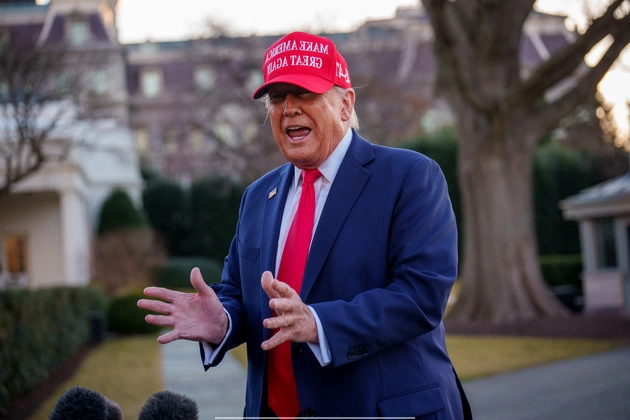
Gyalo Thondup, the elder brother of the Dalai Lama and former chairman of the Tibetan government-in-exile, passed away at the age of 97 in Kalimpong, India. His contributions to the Tibetan struggle and his diplomatic efforts with foreign governments have left a lasting impact.
Thondup was instrumental in establishing connections with various countries and securing support for Tibet. Tibetan media outlets recognized his role in garnering U.S. backing for the Tibetan cause, highlighting his diplomatic acumen and dedication.
Early Life and Contributions
Arriving in India in 1952, Thondup played a pivotal role in initiating relations with the Indian and U.S. governments to advocate for Tibet. He facilitated the recruitment of Tibetan fighters trained in U.S. camps, further bolstering the Tibetan resistance.
His efforts extended to liaising with Indian leaders, notably Prime Minister Jawaharlal Nehru, during the Dalai Lama’s exile in India. Thondup’s strategic engagements paved the way for crucial dialogues between Tibetan representatives and Chinese authorities, marking a shift towards peaceful negotiations.
Advocacy for Dialogue
In a significant shift from advocating armed resistance, Thondup initiated discussions with Chinese officials in 1979, emphasizing the importance of direct dialogue over conflict. These dialogues set the stage for formal negotiations between Tibetan envoys and the Chinese government, underscoring Thondup’s commitment to peaceful resolution.
Thondup’s tenure as chairman of the Tibetan government-in-exile from 1991 to 1993 exemplified his leadership and dedication to advancing the Tibetan cause on the global stage. His strategic vision and diplomatic finesse continue to inspire those advocating for Tibetan autonomy.
Legacy and Impact
Gyalo Thondup’s legacy transcends borders, symbolizing the resilience and unwavering spirit of the Tibetan people in their pursuit of freedom. His emphasis on dialogue and diplomacy as tools for change resonates deeply in the ongoing Tibetan struggle.
As we reflect on Gyalo Thondup’s remarkable journey, we honor his memory and reaffirm our commitment to upholding the values he cherished. His legacy serves as a guiding light for future generations striving for a free and prosperous Tibet.















